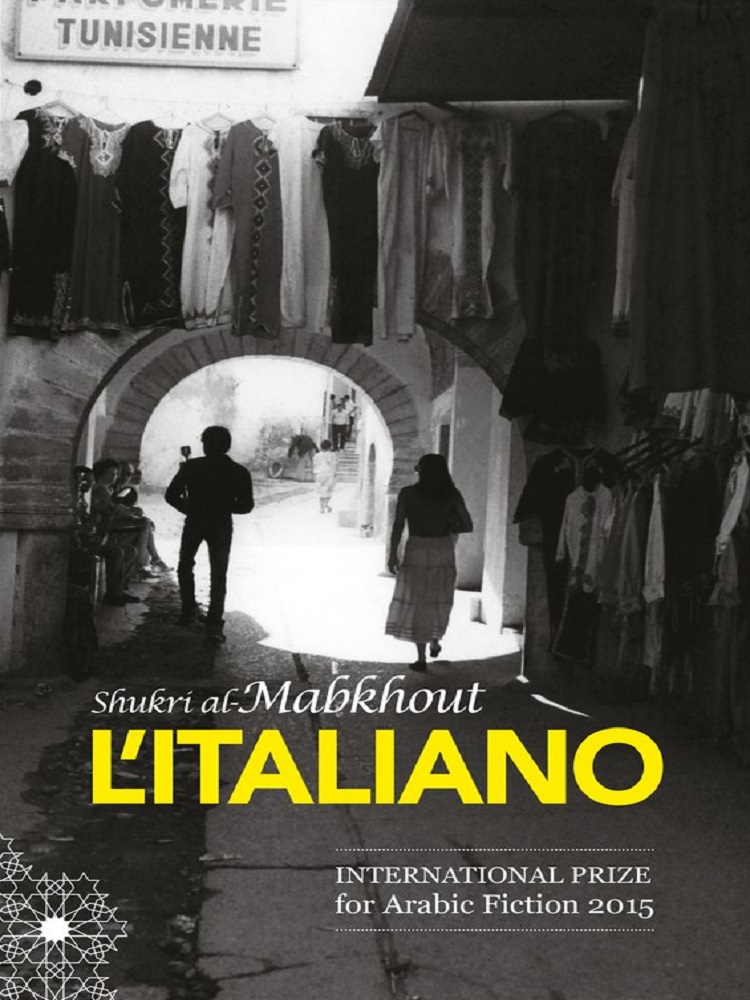
L’italiano
In the landscape of modern Arabic literature, few novels have captured the delicate interplay between personal identity and national history as profoundly as L’italiano by Shukri al-Mabkhout. Published in 2014, this novel stands out not only as a compelling story but as a quiet yet powerful reflection on the hopes and disillusionments that have shaped Tunisia over recent decades. It is a work that invites readers to consider the complex realities of life under authoritarian rule without resorting to simplistic narratives or melodrama.
What is immediately striking about L’italiano is the author’s skillful balance between the intimate and the political. The novel is deeply personal, focusing on individual memories and relationships, yet it is never divorced from the broader social and political context. Shukri al-Mabkhout writes with a subtlety that respects the complexity of the human experience under repression. The characters live in a world where every choice is fraught with risk and where silence itself can be both a protection and a prison.
The beauty of L’italiano lies in its refusal to simplify. There are no clear heroes or villains, only people grappling with their circumstances, often making painful compromises. This nuanced approach reflects a reality familiar to many who have lived through similar political climates — where idealism collides with survival, and hope must sometimes be tempered by pragmatism.
Stylistically, the novel is both elegant and restrained. Al-Mabkhout’s prose invites readers into the inner lives of his characters with an evocative, almost poetic quality. His narrative unfolds carefully, peeling back layers of memory and reflection. This deliberate pacing mirrors the process of uncovering truth in a society where history is often contested and voices have been suppressed.
The themes explored in L’italiano are universal yet deeply rooted in the specific context of Tunisia’s political landscape before the Arab Spring. The novel probes the meaning of identity when the past is fraught with both pride and trauma. It contemplates the personal cost of living in a society where political expression is dangerous and where many lives are shaped by fear and silence.
One of the novel’s greatest strengths is how it handles the tension between public and private selves. The characters’ outward lives often mask a complex internal world shaped by unspoken fears, regrets, and desires. Al-Mabkhout captures this delicate balance with remarkable insight, painting a portrait of individuals who navigate the demands of loyalty, family, and self-preservation in a difficult environment.
Reading L’italiano is an immersive experience that resonates beyond the specifics of Tunisia’s recent history. It speaks to anyone interested in the resilience of the human spirit and the power of storytelling to give voice to those who might otherwise remain unheard. The novel reminds us that behind every political event are personal stories filled with nuance and complexity.
The international recognition of L’italiano, including winning the prestigious International Prize for Arabic Fiction, is a testament to its literary merit and the importance of its themes. It opened a window for many readers worldwide to engage with the nuanced realities of Tunisian society and the struggles faced by those who lived under authoritarian rule.
At its core, L’italiano is a meditation on the fragility of hope and the endurance of memory. It challenges readers to look beyond headlines and political narratives and to engage with the lived experiences of individuals who have shaped, and been shaped by, their historical moment.
Ultimately, L’italiano stands as a significant contribution to contemporary Arabic literature, offering a richly layered, empathetic exploration of a country and its people caught in the crossroads of history. It invites reflection not only on Tunisia’s unique story but on broader questions of identity, power, and resistance that resonate globally.
For readers willing to delve deeply into these themes, L’italiano offers a rewarding and thought-provoking journey. It is a novel that lingers in the mind long after the last page, reminding us of the enduring power of literature to illuminate the human condition in all its complexity.





